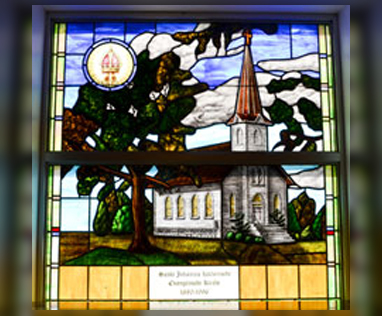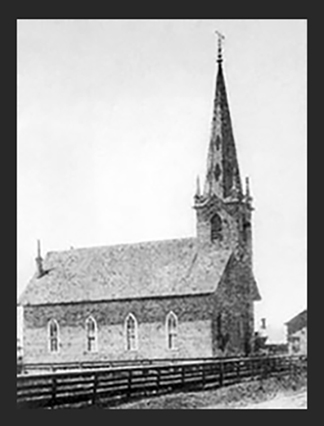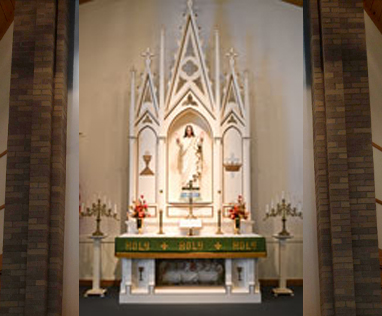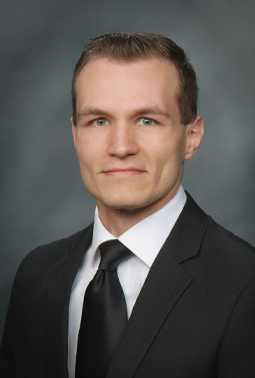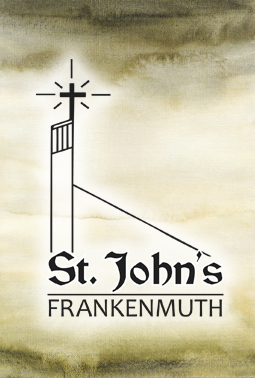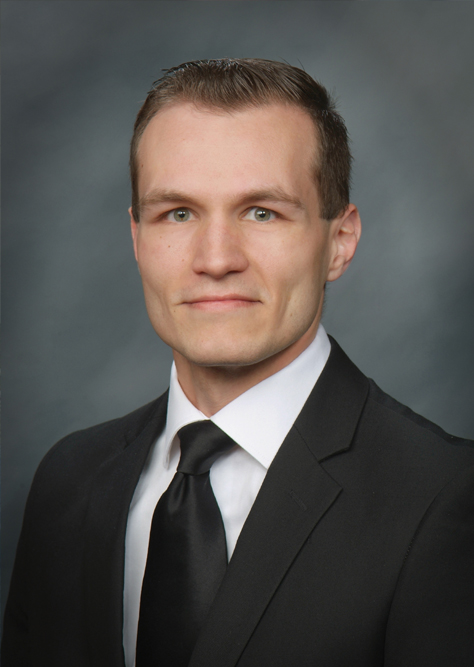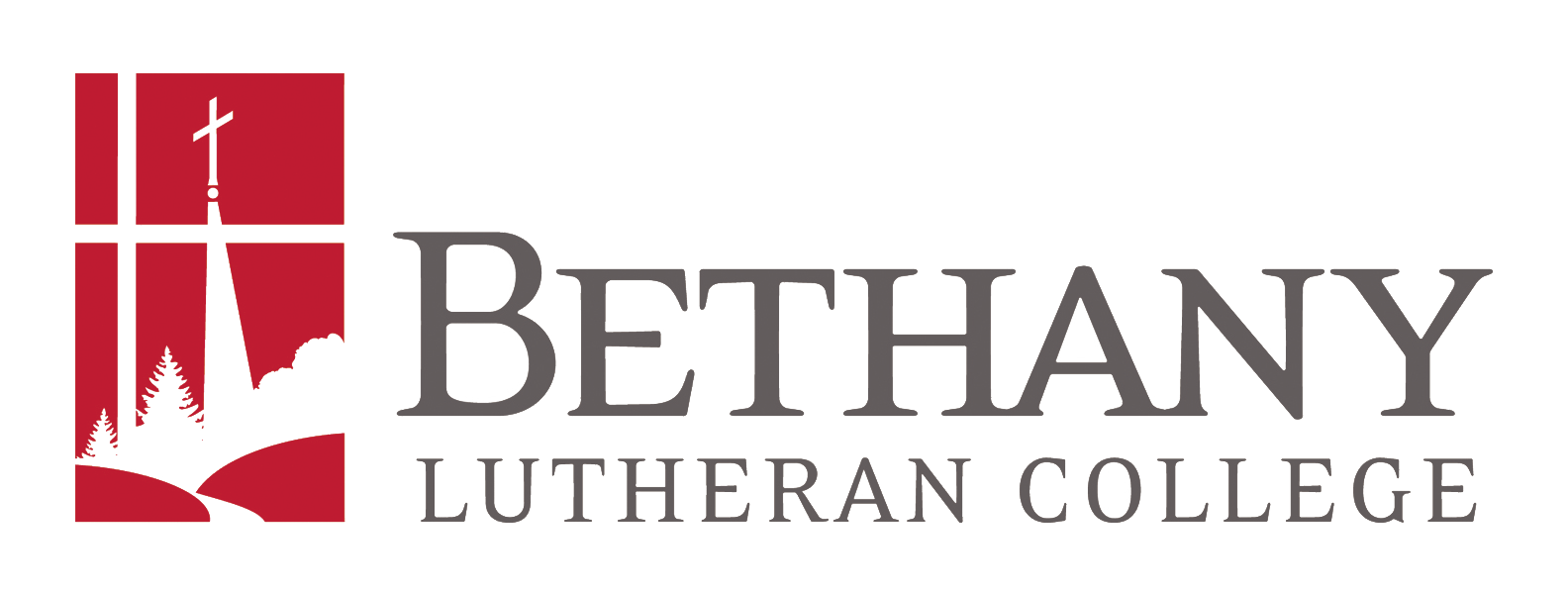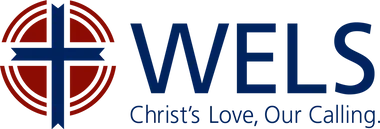The Evangelical Lutheran Synod (ELS) is a US-based Protestant Christian denomination based in Mankato, Minnesota. It describes itself as a conservative, Confessional Lutheran body and has 130 congregations along with missions in Peru, Chile, India, South Korea, Ukraine, Czech Republic, and Latvia.
The ELS is in fellowship with the Wisconsin Evangelical Lutheran Synod (WELS) and is a member of the international Confessional Evangelical Lutheran Conference (CELC). In 2010, the ELS had an estimated number of 19,394 baptized members. The ELS also has 130 congregations and missions in Peru, Chile, India, South Korea, Ukraine, Czech Republic, and Latvia. Note that the ELS uses the term synod differently from the Evangelical Lutheran Church in America and is a separate denomination.
The Evangelical Lutheran Synod teaches that the Bible is the only authoritative and error-free source for doctrine. It subscribes to the Lutheran Confessions (the Book of Concord) not in-so-far-as but because it is an accurate presentation of what scripture teaches. It teaches that Jesus is the center of scripture and the only way to eternal salvation, and that the Holy Spirit uses the gospel alone in Word and Sacraments (Baptism and Holy Communion) to bring people to faith in Jesus as savior and keep them in that faith, strengthening them in their daily life of sanctification.
The Evangelical Lutheran Synod traces its history back to 1853 when the Norwegian Synod was organized in the Midwestern United States. They practiced "fellowship", a form of full communion, with the Lutheran Church–Missouri Synod (LCMS) during the 1850s and 1860s. In 1872, they, along with the LCMS and the WELS, formed the Evangelical Lutheran Synodical Conference of North America.
In 1917, the Norwegian Synod merged with two other Norwegian Lutheran groups and formed the Norwegian Lutheran Church of America, later named the Evangelical Lutheran Church. This led to disagreement among members of the Norwegian Synod. The people who became the ELS had concerns regarding fellowship with those who did not share the same doctrine. The Norwegian Synod had taught that conversion and salvation were entirely the work of God without any cooperation from humans. The new merged church allowed that conversion depended in some degree on humans accepting God's grace. A group of people therefore gathered at Lime Creek Lutheran Church near Lake Mills, Iowa, on June 14, 1918, and reorganized as the Norwegian Synod of the American Evangelical Lutheran Church (also known as "Little Norwegian" Synod). The name was changed to the Evangelical Lutheran Synod on June 25, 1957. In 1955, the ELS suspended its fellowship with the LCMS over doctrinal disagreements, and in 1963, it withdrew from the Evangelical Lutheran Synodical Conference of North America. It retained its fellowship with the WELS. The WELS severed its fellowship relations with the LCMS in 1961, and also withdrew from the Synodical Conference in 1963.
In 1993, the ELS and WELS, working with a number of other worldwide Lutheran churches, some of which had been founded through mission work by both synods, founded the Confessional Evangelical Lutheran Conference (CELC).
The ELS published a hymnal, the Evangelical Lutheran Hymnary, in 1996. This hymnal is in the tradition of the 1941 The Lutheran Hymnal as well as earlier Scandinavian hymnals.


